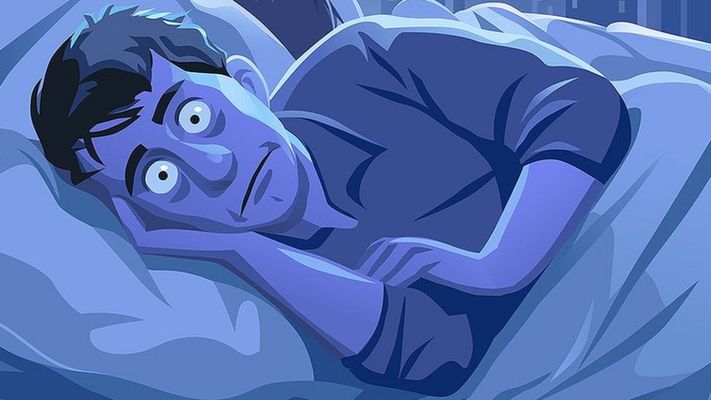
Sleep is essential to every human being, as it helps clean the brain from neurotoxins and get refreshed. What if a person doesn’t sleep for a long time? The feeling of fatigue and cognitive disturbances may follow him throughout the day and interfere with his life. Are these problems familiar to you? Then check on our list of tips and improve the quality of your sleep even without medications.
Establish your sleep schedule
That means you need to go to bed and wake up at the same time. Only this thing may bring you into accordance with your circadian rhythms and your body will be ready to fall asleep and wake up in a few days of sticking to your schedule.
This tip can be useless with people who suffer from shift work disorder. If it is a case with you, try out another technique or change your job.
Create your own pre-sleep routine
A sequence of repeated actions before bed will prepare your brain. It will understand that the sleep time is coming and will begin to produce the melatonin hormone — the one that makes you sleep.
This routine may include a shower, oral hygiene procedures, 20 minutes of reading a book (not from the screen), yoga, writing your diary or anything else that you wish to do. Remember, that the sequence of actions should be the same. And don’t eat or drink anything one hour before bed.
Cut on caffeine, alcohol and nicotine
Stimulants like caffeine, nicotine and energy drinks should be avoided at least two hours before bedtime. Otherwise, you will have obvious problems with falling asleep. It’s hard to relax, when your heart beats faster. Try chamomile tea instead. It calms down the nervous system.
Though alcohol can make you really sleepy, it is also quite harmful, as it interferes with the REM sleep. That is the phase when you see dreams and, according to studies, your brain memorizes the information received during the day.
Bring more comfort to your sleeping space
A person sleeps better in a ventilated dark cool room on a firm thick mattress. The feet should be warm, so you may even sleep in socks if it’s cold. These are the basics, but you may add nightlights, linens with cool prints and soft pillows. Anything to feel comfort and pleasure in your chamber of sleep.
Make a revision of your medication kit
Some medications may cause sleep disturbances. That is some antidepressants, drugs for blood pressure and asthma, painkillers, weight-loss and allergy medications. Check out if the drugs that you usually take contain stimulants. Then consult a general doctor, so he prescribes you suitable medications.
Be physically active in your daytime
A lot of people have problems with sleeping because they haven’t released all their energy during the daytime. Your body refuses to sleep, because there’s too much power received with food. Physical activity helps you feel tiredness and necessary exhaustion. Your brain responds to that with switching on your sleeping mechanisms.
Don’t stick to gadgets before sleeping
Smartphones and laptop screens, even the best ones, emit blue light. Your brain still thinks that it's daytime, as you pay all your attention to what is going on on social media. This stress interferes with the natural feeling of sleepiness. So put out your gadget at least one hour before the desirable sleeping time. Do some pre-sleep routine instead.
Try out relaxation techniques
Many specialists advise tai chi. This ancient martial art comes from China and means “meditation in motion”. Researchers proved that these circular movements improve your sleep and help you feel your body better.
Another thing you may wish to do is online meditations for better sleep. Calming music and soothing affirmations relieve the stress accumulated during the day and help you to relax and fall asleep.
Give a chance to aromatherapy
Some essential oils have the properties of calming down your nervous system. Try out aroma lamps with lavender, sandalwood, roman chamomile, bitter orange or cedarwood. This is not only helpful, but bewitchingly pleasant.
Consult a sleep specialist
If nothing helps, that means you may have a serious sleep disorder or some mental illness is arising. Your doctor will examine your hormone tests, check your physiological condition and prescribe you the necessary treatment.
In some cases, the help of a psychologist is needed. Don’t be afraid or shy to ask for professional help. Each person is an individual and sometimes may have problems where all the others feel alright.

